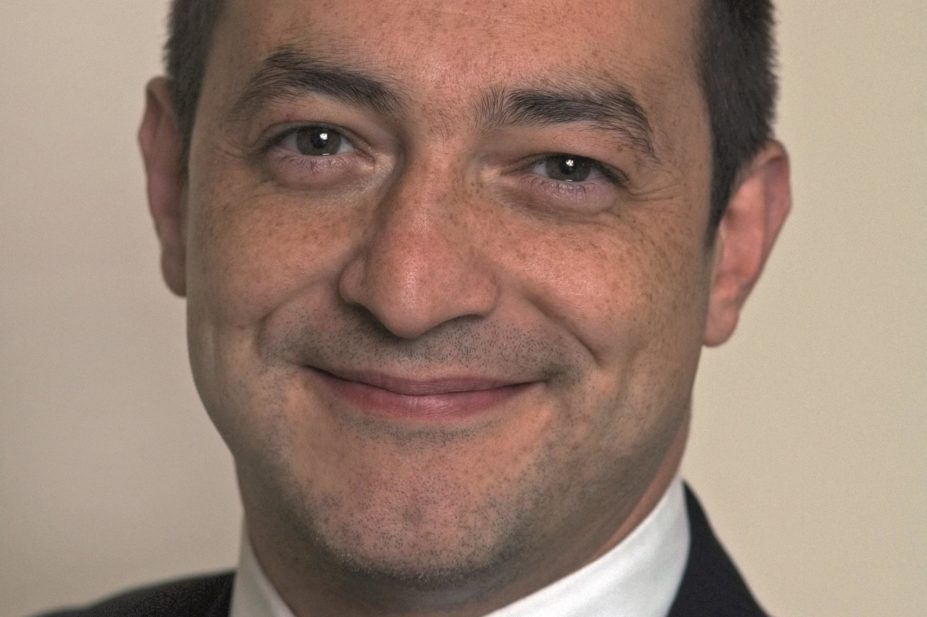
Robert Aberman
The outcry over the government’s proposal for pharmacists in England to police prescription charge exemptions risks ignoring the real problem: the system itself. Prescription charging is unfair, it deepens inequality in society and places an invisible barrier between us and our patients.
Prescription charges were introduced in 1952, abolished in 1965, and then reintroduced in 1968 with exemption arrangements. Things have hardly changed since — unless you live in Wales or Scotland where they have been scrapped — and in England currently only around 10% of prescriptions are paid for. The system of charging raises £400m to £700m per annum, though this amounts to less than 1% of the cost of the NHS.
For supporters, prescription charges have three positive attributes: they raise revenue, reduce initial NHS expenditure (by deterring some patients from accessing health services) and encourage concordance with treatment. Politicians argue that radical reforms are implausible and any income foregone has to be replaced with new revenue or through savings made elsewhere in the NHS.
They maintain that the ‘tax’ is not high, and prepayment certificates (PPCs) spread the cost across the year through direct debit. Supporters believe any reduction will lead to greater uptake of prescriptions, a reduction in OTC sales and greater pressure on pharmacists’ and GPs’ time.
I argue that the current system of prescription charges is illogical and unfair, and that the current range of exemptions is not based on any defensible moral criterion or principle.
The unexplained, sharp cut-off point at the lower income exemption limit — low earners can apply for help to pay for prescriptions but only if their assets don’t exceed £16,000 — means people just above the limit may be worse off than those below it.
Indeed, why is this group, just outside this threshold, required to pay while others with much higher incomes, including well-off pensioners and some pregnant women, do not? Why is there unfavourable disparity between patients in England and those in Scotland and Wales? Is it fair that patients with asthma pay yet those with diabetes do not?
Prescription charges further widen the equality divide, both of which fly in the face of government policies, including those that say the NHS should remain free at the point of use.
There is no evidence in support of better outcomes among those not exempt from the charges (otherwise there would be a case to charge everyone) and there’s evidence that those on lower incomes are selective in what they purchase and are deterred from seeking prescriptions. This naturally impacts on care, resulting in inadequate treatment, worsening health and expensive hospital admissions, the cost of which must be set against any cost savings from charges.
Many of us working in community pharmacy can testify that the current system puts up barriers with our patients, tarnishes our clinical image and turns us into tax collectors in the eyes of the public, who perceive us to be banking the proceeds.
We must find new ways to remove the barriers to access medicines and consider either abolishing the charges, introducing a standard nominal fee for all, or a permutation thereof.
The Department of Health needs to consider the savings from governing exemptions and ‘hug the cactus’ by considering other sources of income, including, controversially, having nurses and GPs charge for issuing prescriptions or consultations, thus spreading the collection burden and reducing frivolous consultations. This could also serve as a reminder to patients that there is no such thing as free medicine.
Naturally, any reform will require impact assessments to analyse the consequences on stakeholders carefully, so that we end up with something that positively signposts to other health services, saves resources and supports other policies, particularly cutting waiting times at GP surgeries and encouraging minor ailment schemes.
Prima facie, prescription charging is a tax that heaps unfairness on top of illness, and frankly it has passed its expiry date. Retaining the status quo is not an option.
Photo credit: Robert Aberman
You may also be interested in
Long service of members

Membership fees 2022
